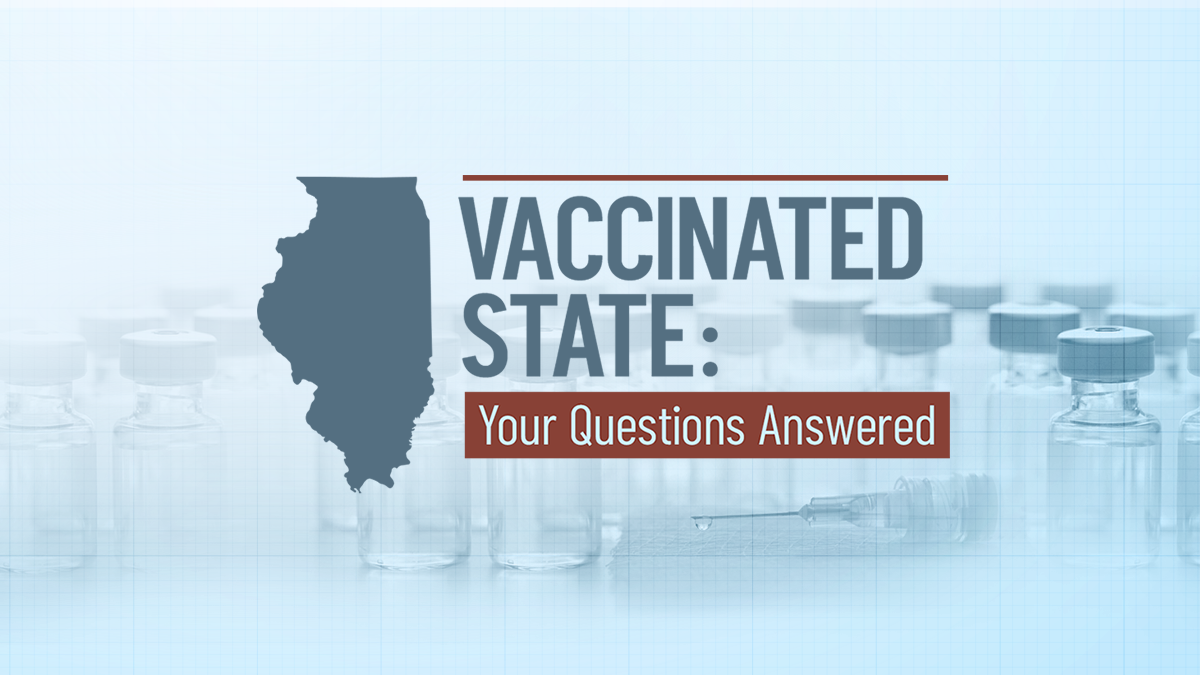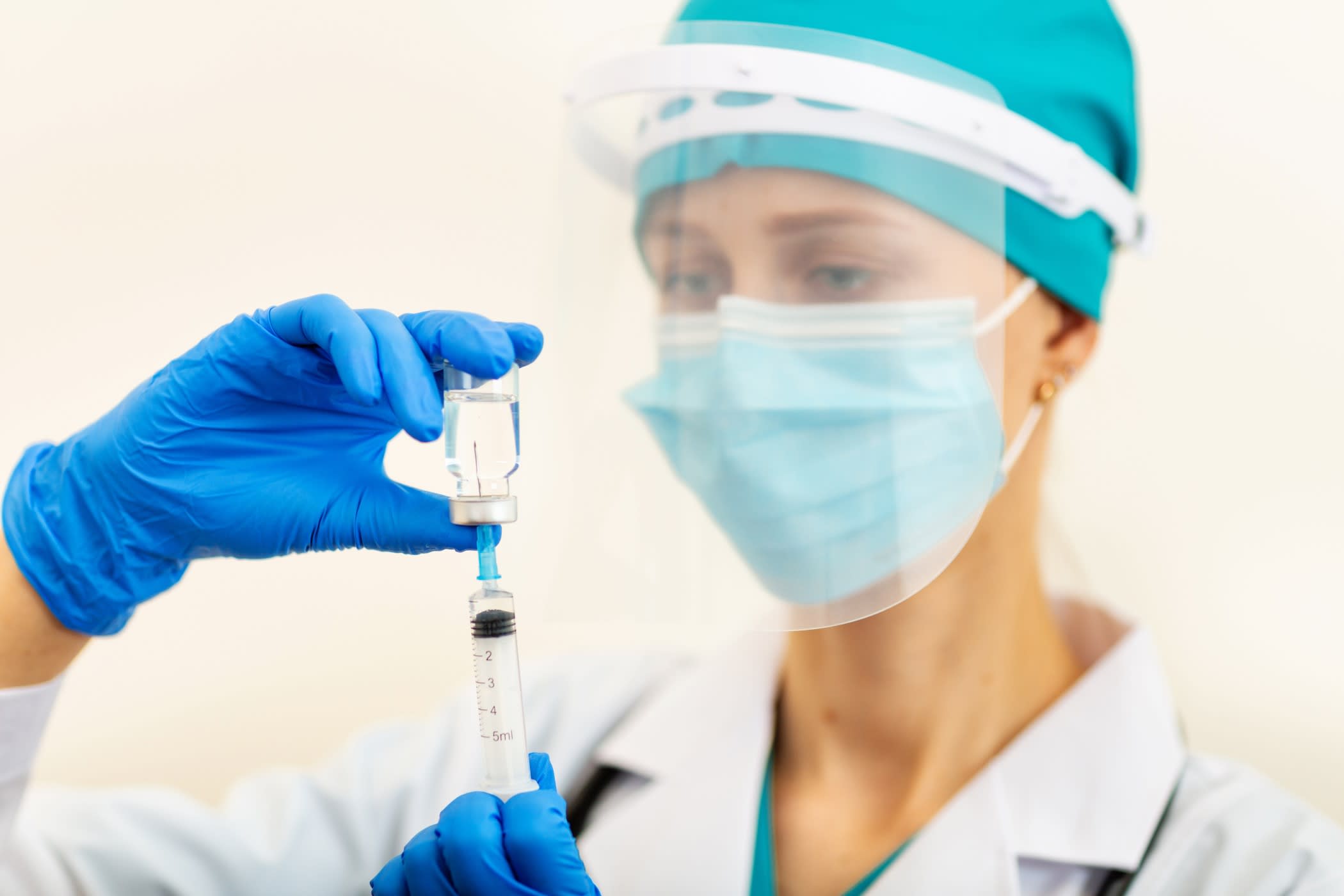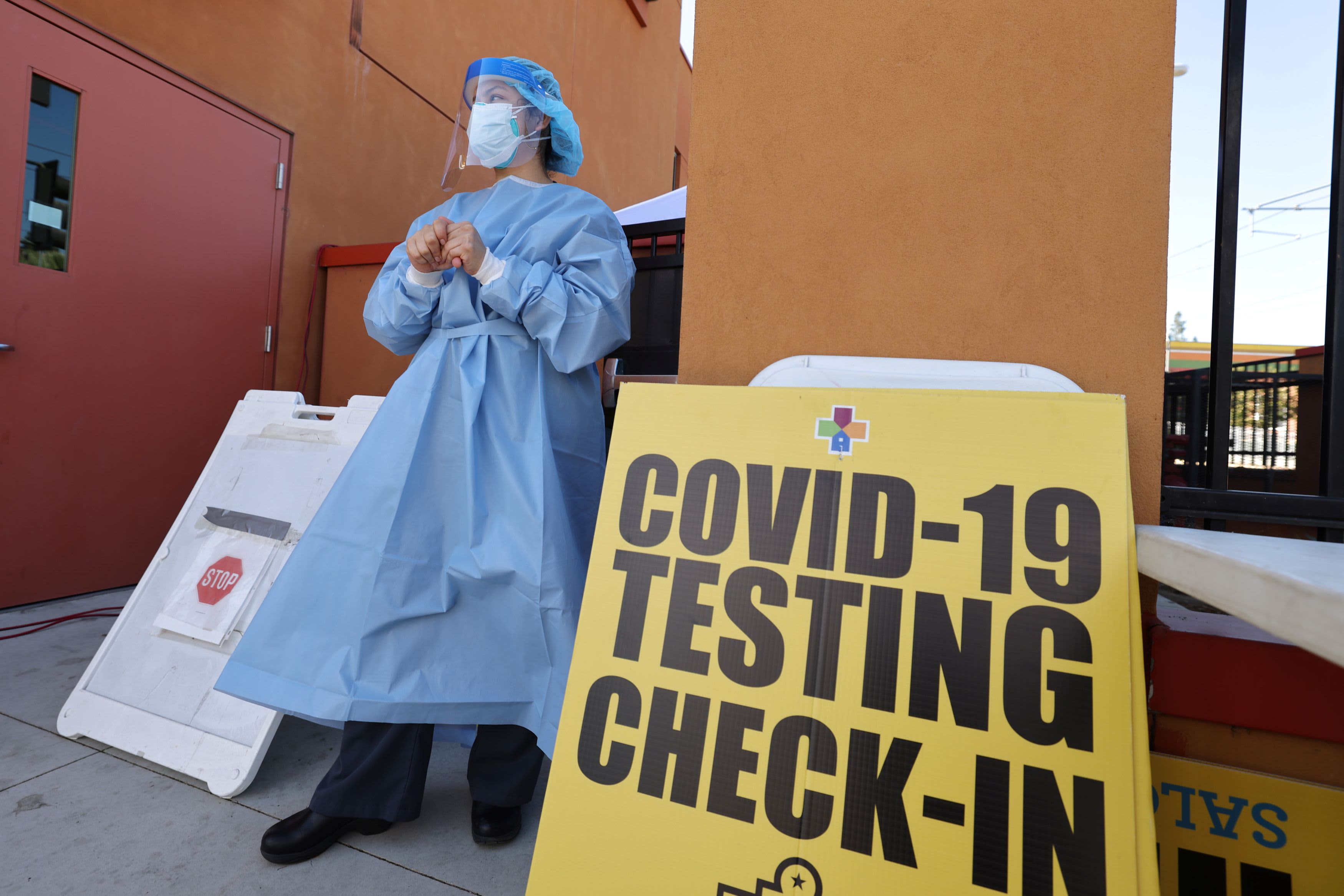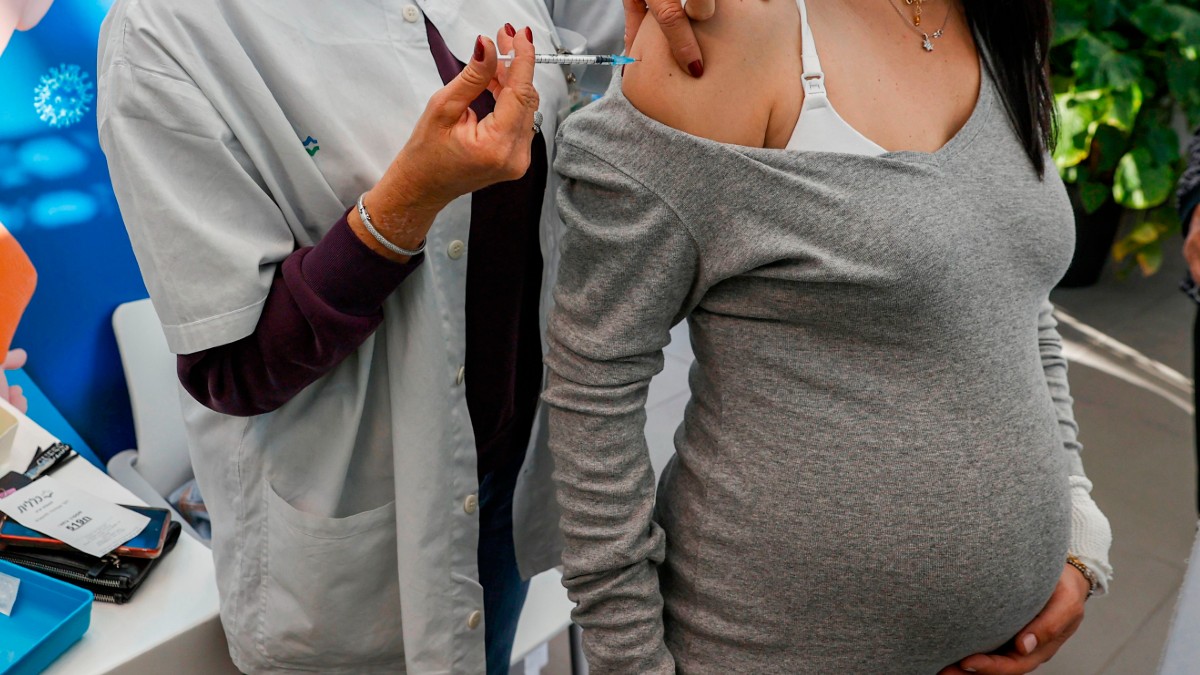After receiving the coronavirus vaccine, when is it safe to expand your social circles or see loved ones?
According to experts on NBC 5's "Vaccinated State" panel, the answer is a bit complicated.
"One thing we don't know about the vaccine is whether or not people will continue to shed virus if they get infected," said Dr. Richard Novak, head of the Division of Infectious Diseases for UI Health. "The vaccine is very effective in preventing people from getting sick, but that doesn't mean they didn't get infection. We don't know you know that yet. And if they do get the infection, we don't know the amount of virus that that they're shedding that's coming out of their body is decreased."
According to Novak, the length of immunity given by the vaccine remains unclear.
"What we do know is that actually an immunity lasts for at least the three months that we've had in the study and actually if you look at the levels of antibodies produced by the vaccines, first, it's higher than a natural infection," Novak said. "And the antibodies the vaccine induces are more potent than the natural infection, and the trajectory of the declining antibodies is quite slow so it's expected that the level of antibodies is going to continue to last for at least a year or more but we don't, we won't, know that until we complete the studies which are still ongoing."
Similarly, grandparents have asked when they can see young grandkids after receiving their vaccination, noting that children have been reported to be less susceptible to severe infections from the virus.
"We don't want to risk the possibility of quietly, silently, unwittingly transferring the virus to the baby," said Illinois Department of Public Health Director Dr. Ngozi Ezike. "The baby could transmit to the parents and other people in the home. So we still need to exercise precautions when we're mixing households."
But what if both people have been fully vaccinated?
Complete vaccination is said to be two weeks after a person receives their second dose of the vaccine.
Feeling out of the loop? We'll catch you up on the Chicago news you need to know. Sign up for the weekly Chicago Catch-Up newsletter.
"To be honest with you, I think it's pretty safe for two completely vaccinated - that means two weeks after their second dose - completely vaccinated people to expand their friends circle to include other completely vaccinated people, and in a moderate way," said Dr. Emily Landon, executive medical director of Infection Control and Prevention at University of Chicago Medicine. "I think that's probably pretty reasonable. But I do think it's really important to, for the most part, continue wearing our masks."
Another risk associated with socializing after vaccination comes with unknowns surrounding new variants emerging across the country.
"There are still a lot of cases and we're sort of looking at these new variants as being a potential threat on the horizon," Landon said. "And we know that the vaccines are going to protect people from getting very sick with them, but we don't know exactly whether or not people are going to be able to spread COVID to other people."
According to the Centers for Disease Control and Prevention, vaccinated people who are exposed to someone with a suspected or confirmed COVID-19 case do not need to quarantine if they meet the following criteria:
- Are fully vaccinated (i.e., ≥2 weeks following receipt of the second dose in a 2-dose series, or ≥2 weeks following receipt of one dose of a single-dose vaccine)
- Are within 3 months following receipt of the last dose in the series
- Have remained asymptomatic since the current COVID-19 exposure
Already in Illinois, cases of newer variants first reported in the U.K. and South Africa have been reported.
The Illinois Department of Public Health revealed last week that the first case of the coronavirus variant B.1.351, first identified in South Africa, was found in the state. The first known Illinois case of the more contagious U.K. strain was announced by health officials on Jan. 15.
A third variant out of Brazil, called P.1, has also been detected in the U.S.
According to the Centers for Disease Control and Prevention, the agency is closely monitoring emerging variants that "have mutations in the virus genome that alter the characteristics and cause the virus to act differently in ways that are significant to public health." The agency said the current variants "spread more easily and quickly than other variants."
The CDC notes, however, that "genetic mutations are expected, and some variants can spread and become predominant while others subside," but studies so far suggest that antibodies from the current coronavirus vaccines in the U.S. "recognize these variants."
"Some of the newer variants are more likely to cause disease in people, are more likely to cause recurrent disease - they can happen in people who've had COVID before," Landon told NBC 5. "And so it's really important that everyone get the vaccine. It really will boost your immunity, even if you've had COVID before. And that's one way you can combat and try and avoid getting COVID again."





